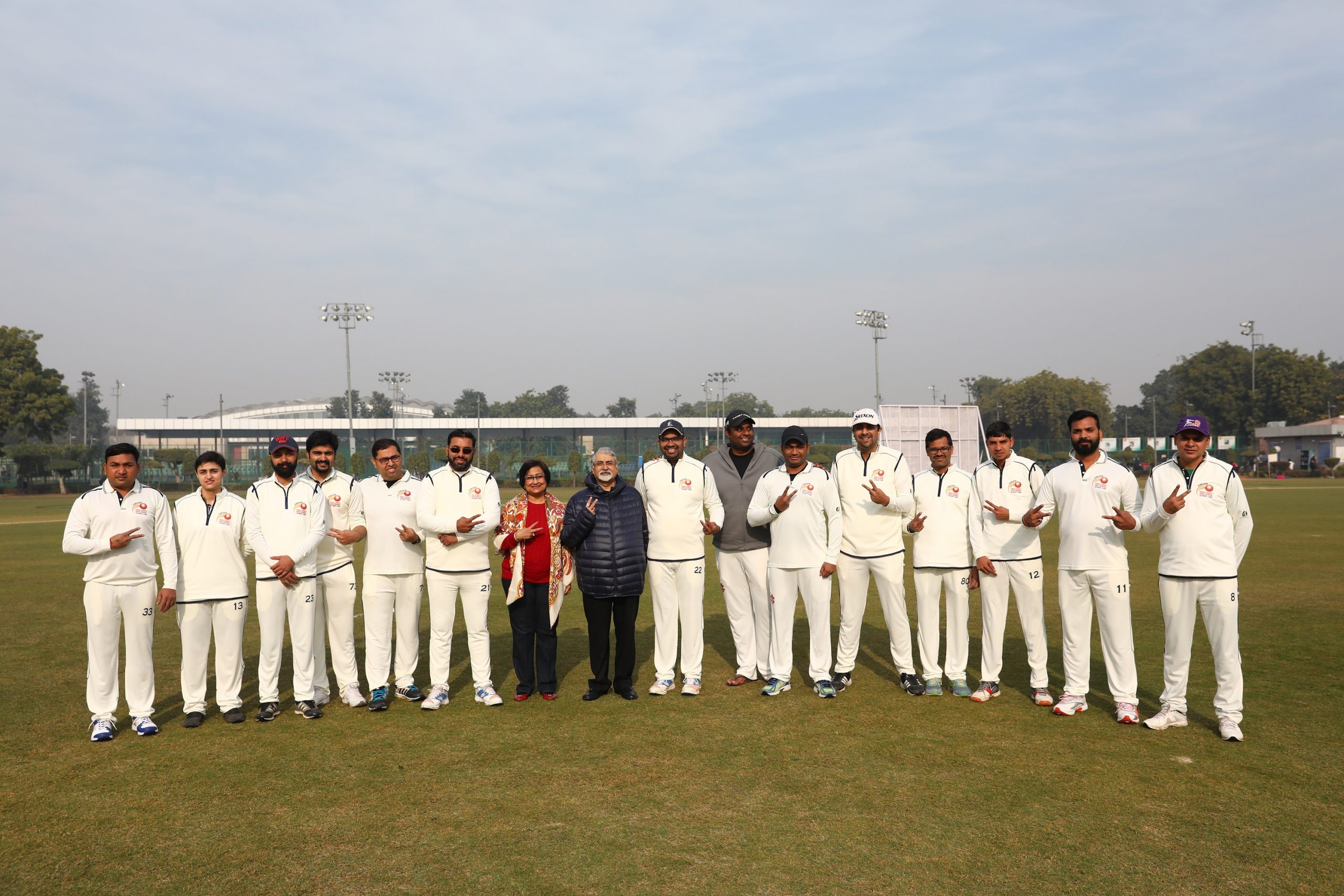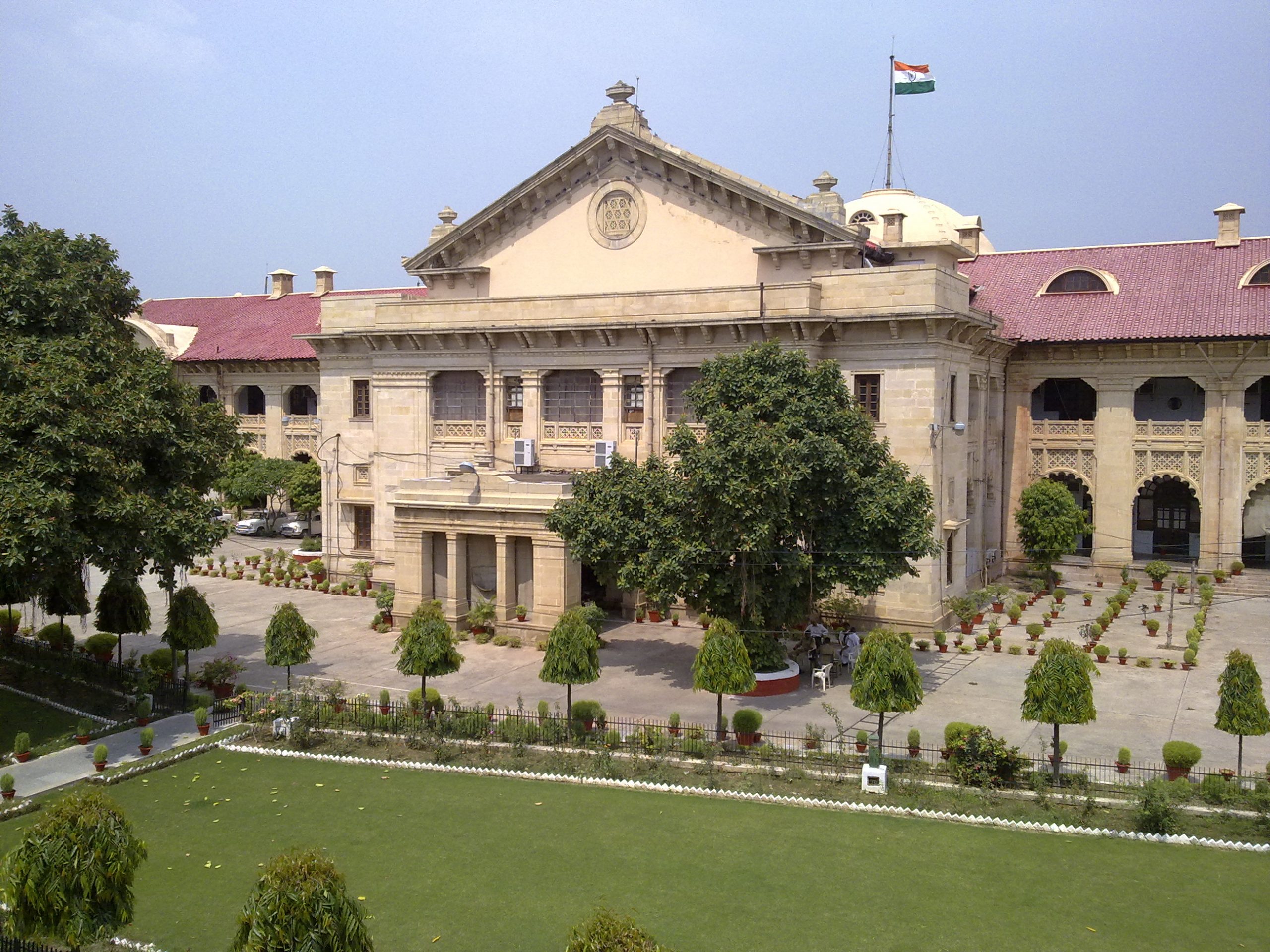Now Reading: Why we need to revisit the system of Law Schools in India?
-
01
Why we need to revisit the system of Law Schools in India?

Why we need to revisit the system of Law Schools in India?
Legal profession is regarded as the noblest profession in the entire world. We’ve seen examples in almost all the countries of the world that how crucial and phenomenal role the legal personalities have played in making up of the evolutionary changes across the globe. Law School is a place where even the orders and judgments of the Supreme Court are reviewed. A Law School is the place where these great minds and the leaders of tomorrow are nurtured. To ensure that this nurturing process remains unhindered and unaffected by the evils of the outer world, most of our universities in India have build up an “Iron curtain” to safeguard the law students. But deep inside these curtains, hides the truth. 2018 has been a bad-bad year for the Law students collectively in India. We have seen examples like KIIT, BHU and certain other varsities where law students were humiliated.
The violence over an eve teasing issue which erupted between students of B.Tech and KSOL (KIIT School of Law) in late November 2018 shocked the entire nation. The KIIT University even issued a sine die order for the law courses with immediate effect but later on that notice was reversed due to growing media pressure. Not only KIIT but in BHU as well, where the law students were debarred from examination on the basis of short attendance. Surprisingly, the Universities are giving a greater importance to the administration than the students. As a result, the students of law are forced to live in a fearsome situation of administrative action. How can we even imagine that these lawyers of tomorrow will be able to protect the people from injustice if they themselves are the victims of injustice? Let’s see what are the key reasons for this status of legal education in India:
The growing NLU Culture
The culture of modern day five year integrated law degree course began with the idea and vision of noted legal luminary Dr. N.R. Madhava Menon, who is also called as pioneer of legal education in India. Dr. Menon was the person who played a key role in establishing the NLSIU Bangalore in its preliminary days. The National Law University chain of legal educators and institutions which began with the NLSIU, NALSAR and NUJS is now growing every year with 21 NLUs at present. In NLUs, there is only one discipline that is legal education, which can be further bifurcated as corporate law branch, IPR, Forensics and Human Rights etc. There is “N” number of options available to a law student while selecting his honors papers. Though the NLU culture has definitely grown up with almost every other state having its own National Law University, there is something we have failed to understand is that are we producing the required number of specialized professors in comparison of the growing number of specialized courses on our highly esteemed academic prospectus? The answer is No. Every single university today is lacking the number of specialized professors needed in order to run their courses. Imagine of a situation where an Investment Law Professor is teaching the Environment Law paper in an NLU.
(Oh wait, no need to imagine, visit your nearest NLU and see what’s going on?)
The Private Players
Today we have so many private players on our chart that it is even tough to differentiate between their names. We have a detergent king’s university, we have a steel giant’s university and yes of course, we have a Media house running its own university. Welcome to the new India. Post liberalization the education sector became a market for the private players. 10,500 in 2008 to around 52,000 in 2018, an increase of almost 19% annually!
Which business grows by this pace today? NLUs and Traditional Universities can hardly accommodate 5-6 K applicants. The rest are left to the fate of private universities. These private players provide specialization in each and every topic on this earth. If you were an IIT aspirant but failed to get one and opted for law, we have some private universities offering B.Tech LL.B. programme which is a six years integrated engineering plus law course. These private universities take hefty amount from the students in the name of providing world class education. The sad reality is that most of them don’t even have the required number of faculty members. In such a tough situation, Professors from NLUs play a vital role by agreeing for the guest lectures which in turn harms the students of NLUs as their classes are erupted. So in either way injustice is done with the future of law students.
Traditional Universities and the “Uncle Lobby”
Traditional Universities like Allahabad University, Banaras Hindu University and Delhi University have their own trustworthy image in the mind of Indian conventional legal system. These universities are primarily famous for their three year degree course but they have entered into the field of five year integrated degree programme as well. In these universities apart from inter-departmental conflicts the conflict do exists between the students of five year course and three years course. Often it is seen that the Professors also play their own part in the conflict. One of the major drawbacks of such rift is that the education system is fractured by the internal game of dirty politics.
Indian Judiciary is often accused of being operated by the generations of a few families. The infamous concept of “Uncle Judges” is also very popularly criticized. But the sad reality is that it’s not only the case with the judiciary. Most of the eminent professors and academicians of present generation are the products of these traditional universities. An entire chain has been created in the present day legal academia of the country which runs on the basis of fiduciary relationships which is created amongst the erstwhile batches of these varsities. This “Uncle Lobby” plays an important role in fresh appointment of professors in the newly established universities like NLUs and Private ones. This lobby often ignores the potential of the deserving candidates which definitely harms the legal education system in our country.
The need of intervention by BCI
Bar Council of India being the supreme regulator of the legal education and profession in our country should step in and intervene in these issues in a positive way. People were expecting responses from the BCI during the KIIT University incident but even when the news of sine die was coming out, the BCI remained silent. If the supreme body of legal profession chooses to be silent on such issues where the rights of the budding lawyers is being threatened by the administrative forces of any University then what remedy do we have? In my view, BCI should play a more participative role not only in the process of affiliation but should also take suo motu cognizance of such activities in the law schools of the country. We hope that the Bar Council of India will play a more vital role in the upcoming years to ensure that such unfortunate incidents do not happen in future in any law school of India.









